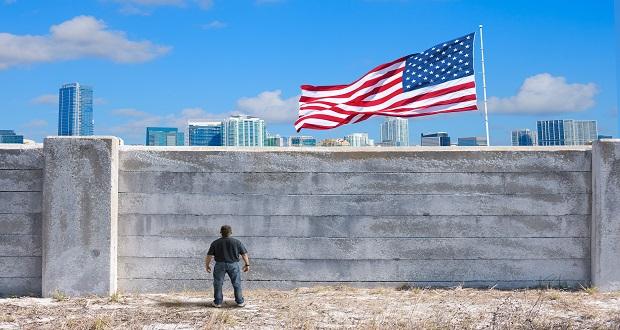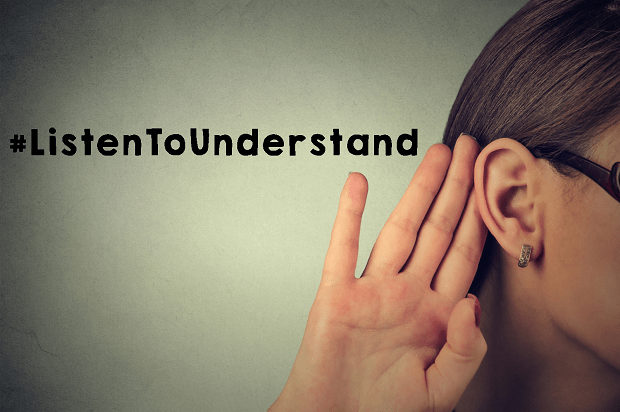
I love America more than any other country in this world, and, exactly for this reason, I insist on the right to criticize her perpetually. — James Baldwin
This quote resonates with me, particularly in the context of this conversation and series, one where we’ll be critical of our work—the work we care so deeply about, the work we tirelessly continue to move forward within our communities and organizations: diversity, equity, and inclusion work. These conversations don’t happen often enough. In my experience, the focus of diversity, equity, and inclusion work is oftentimes externally-focused (e.g. What should they be doing differently? How can we get them to understand? Why don’t those people get it?) and less about what we, as practitioners, advocates, and leaders, can be doing differently to sharpen our own toolkit, do the work more effectively, and ultimately dismantle inequitable systems. To our own, our work’s, and broader society’s detriment, I worry that we have been the proverbial “choir” for far too long.
I worry that diversity, equity, and inclusion practitioners and leaders have been the proverbial “choir” for far too long. Share on XI have thought about this more lately, in the context of the global pandemic that we are all experiencing, and how it has brought to surface the inequities and -isms that continue to persist across the globe. Racism, xenophobia, disparities in access to healthcare, technology, and wealth, the downfall of prioritizing profit over people and humanity have all been amplified and have made the imperative of our work even clearer. Amidst an increased sense of panic and fear, I believe there’s also a greater sense of opportunity to challenge, re-evaluate, and reimagine a new norm for our work. That is what this series is about: owning and exploring the ways in which we can do and be better.
Amidst an increased sense of panic and fear, there’s also a greater sense of opportunity to challenge, re-evaluate, and reimagine a new norm for our work. Share on XThat said, our team will be exploring the question:
What would it mean to decolonize diversity, equity, and inclusion work? Put differently, what would it mean to reimagine a DEI industry that centers humanity, justice, and dismantling systems of inequity and oppression in all forms?
I would like to offer and honor some of the critique around using the term “decolonize” as a metaphor. The term has historical and literal meaning that signifies the repatriation and return of land to the indigenous communities from whom that land was originally stolen. Many of us continue to live on and benefit from colonization—this is a privilege worth stating and naming in this conversation. Our use of the term does not seek to undermine or sanitize the language of and work around decolonization that is still outstanding and necessary if Indigenous communities are ever to truly experience justice; rather, we seek to call out the ways in which white supremacy can (and has) embedded itself into the very work that, in theory, seeks to destroy it.
As a team, we’ve been having a lot of conversation around the ways in which we as practitioners can perpetuate the same systems we are seeking to dismantle: critical conversations about the ways in which this work—which is rooted in justice and humanity—has evolved, been appropriated, and metaphorically colonized. Other thought leaders have examined the concept of decolonization in the context of wealth and health. A few weeks back, I talked more about what this might look like in the context of diversity and inclusion work on Living Corporate’s podcast, another medium that centers Black and Brown voices in Corporate America. We continued the conversation at this year’s Forum on Workplace Inclusion (the recording will be live soon). These conversations are just the beginning, and we’ll be taking a deeper dive through this series over the next few weeks.
We’ve been having critical conversations about the ways in which this work—which is rooted in justice and humanity—has evolved, been appropriated, and metaphorically colonized. Share on XWhen I think of decolonizing or reimagining diversity, equity, and inclusion work, I think about:
- Centering justice, humanity, and oppression over ‘business case,’ innovation, and profit.
- The danger and downfall in avoiding and sanitizing certain language and concepts that are critical to understanding equity and justice.
- How we may center white comfort or discomfort over necessary change.
- The need for radical white allyship and shared risk.
- Greater emphasis on healing and managing the emotional fatigue associated with being in this work and holding marginalized identities.
- Understanding ourselves as being part of a much broader social change ecosystem, and how that should influence how we use our power (e.g. how we spend our money and with whom we partner in this work).
…among others.
When I think of decolonizing or reimagining diversity, equity, and inclusion work, I think about centering justice, humanity, and oppression over ‘business case,’ innovation and profit. Share on XAs we engage in this series, I encourage you to ask the same questions of yourself: What would it mean to decolonize diversity, equity, and inclusion work? What would it mean to reimagine a DEI industry that centers humanity, justice, and dismantling systems of inequity and oppression in all forms?
I look forward to learning, unlearning, and relearning with you.



















Brittany – Thank you for this piece. As a scholar-practitioner, I have also been thinking about (and researching) how we decolonize, or rather take a decolonial approach to the work of intercultural competence, diversity, equity, and inclusion. A questions that has come to the surface for me in my reflection is: how we leverage globally indigenous knowledge systems, ways of being, and socio-political structures to reclaim alternatives to the institutions and systems we have today; AND what a decolonial practice might look like for individual practitioners, as well as organizations in practice? I hope that we can continue this important conversation. It’s my humble opinion that in order to witness and experience meaningful social change we need to posture our practice in decoloniality.